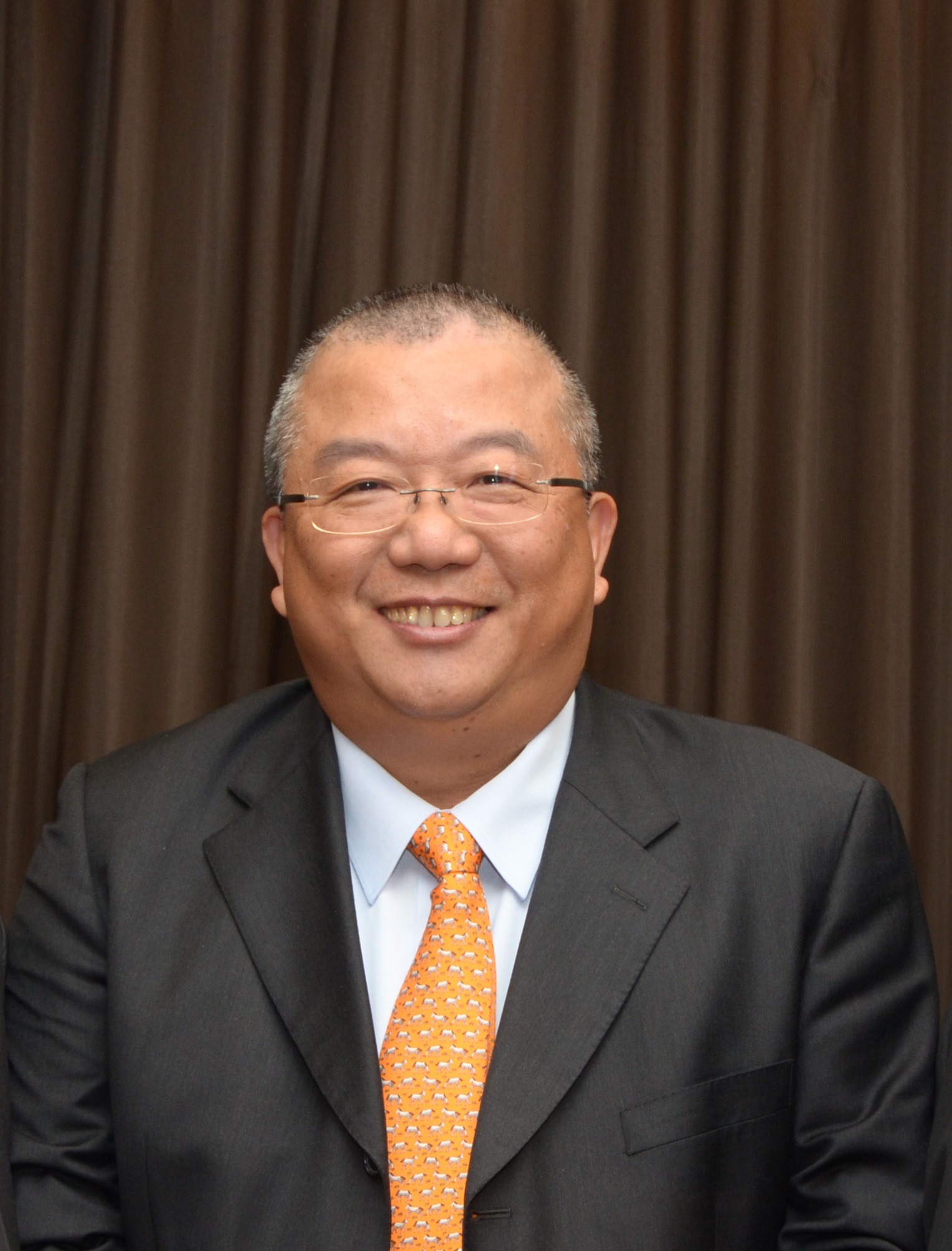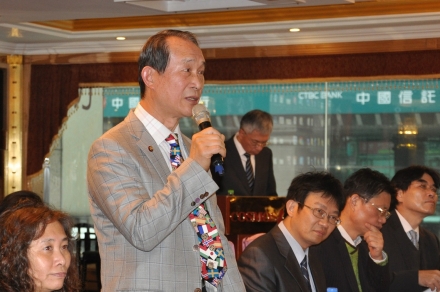Interview with TFTA Chairman Bill Chen


Taiwanese Fastener Industry Demonstrated Resilience in 2015
by Tanya Shih, Fastener World Inc.
Fastener World Magazine is honored to invite TFTA chairman Bill Chen again for review and prospects of the global fastener industry. 2016 is also the first year in Bill’s renewed terms of office. He and all the other committee members of the association will bring more industrial knowledge and give more activities for TFTA members.
Q1: Back in mid-2015, a wave of business shutdown occurred in Taiwanese fastener industry due to the impact of the global recession. How would you analyze this result? How would you describe the situation of 2015?
Since the beginning of 2015, I’ve heard almost all companies in the industry appeared a 20-30% of orders drop as a result of the global excessive steel capacity, continuous wire price decline, and exchange rate fluctuations of Japan yen and euro, which are major export destinations for Taiwanese fasteners. Indeed, in such a long recession, there were companies shutting down due to the impact, but if we analyze and look into this matter from another aspect, we should recognize the resilience of Taiwanese fastener industry.
As we know, the lead times of fastener production usually fall within 2-4 months. If Taiwanese fastener industry was not strong and healthy enough, in the second quarter of 2015 we should have felt the contraction of demand which had started since the end of 2014. However, the export figures in the first nine months of 2015 remained flat as in the previous year. The export volume even slightly grew 1.231%, while the export value merely dropped by 0.296%. The export to the U.S. even grew more than 5% and the drop was mostly derived from Germany.
Q2: What is the next step for fastener trade in 2016?
2016 remains a tough year, but I believe Taiwan has enough ability to react to any difficulty that will come. As Taiwan is an island economy, most companies know the concept of not putting all eggs into one basket. I suggest companies should not concentrate on a single market because business is dynamic. The European market in 2015 might look dim, but U.S. market might be developing really well.
I won’t particularly recommend a certain market or point out a specific industry with growth potential, because building houses still require the use of fasteners even if the demand for automotive, railway, and aerospace fasteners is increasing. Fasteners used in any industry sector are all important. “Innovation” can be in production, selection of materials, or specifications, which are all for creating more competitive values. On the other hand, “business transition” does not necessarily mean the abandonment of tradition. Instead, it means shifting your business via integrated production and sales networks as well as corporate alliance in order to earn more market shares.
Q3: How would you regard the future development of the following matters in 3 major fastener markets (incl. extended AD measures against certain carbon steel fasteners originating in China, Volkswagen’s Emission Scandal, and the “Made-in-USA” policy)?
The conditions for launching a dumping investigation or terminating an AD measure in the EU are very stringent and cannot not be dominated by a single country. Although China has filed an objection against EU’s continuation of AD duties on carbon steel fasteners, the AD measure is very unlikely to be terminated in the short term. I suggest companies should turn their worries into actions to make more differences in products and markets. As far as the fastener industry is concerned, Volkswagen’s emission scandal is an incident only affecting a small number of Volkswagen’s suppliers and thus is less likely to affect the whole automotive supply chain. What is important is that the companies able to supply Volkswagen have good corporate conditions. Hence, I don’t think the scandal will affect their business in the long term.
As mentioned before, by dispersing markets to reduce business risks, one can correspond with certain long-term national policies such as the “Made-in-USA” policy. Companies must understand that each product corresponds with demand of its appropriate market. Evaluate your characteristics and you may achieve a more proper market deployment than before..
Q4: What is in TFTA’s 2016 event calendar?
In addition to multiple training sessions and gatherings of our chapters, in 2015 TFTA led a group of members to attend Fastener Fair Stuttgart and National Industrial Fastener & Mill Supply Expo. In the same year it was also invited to attend EFDA annual convention in Germany. In 2016 TFTA will not only continue the training sessions and gatherings with partnered associations around the world, but will also plan to organize a trade delegation comprising TFTA members for a visit to overseas companies.

Subscribe







